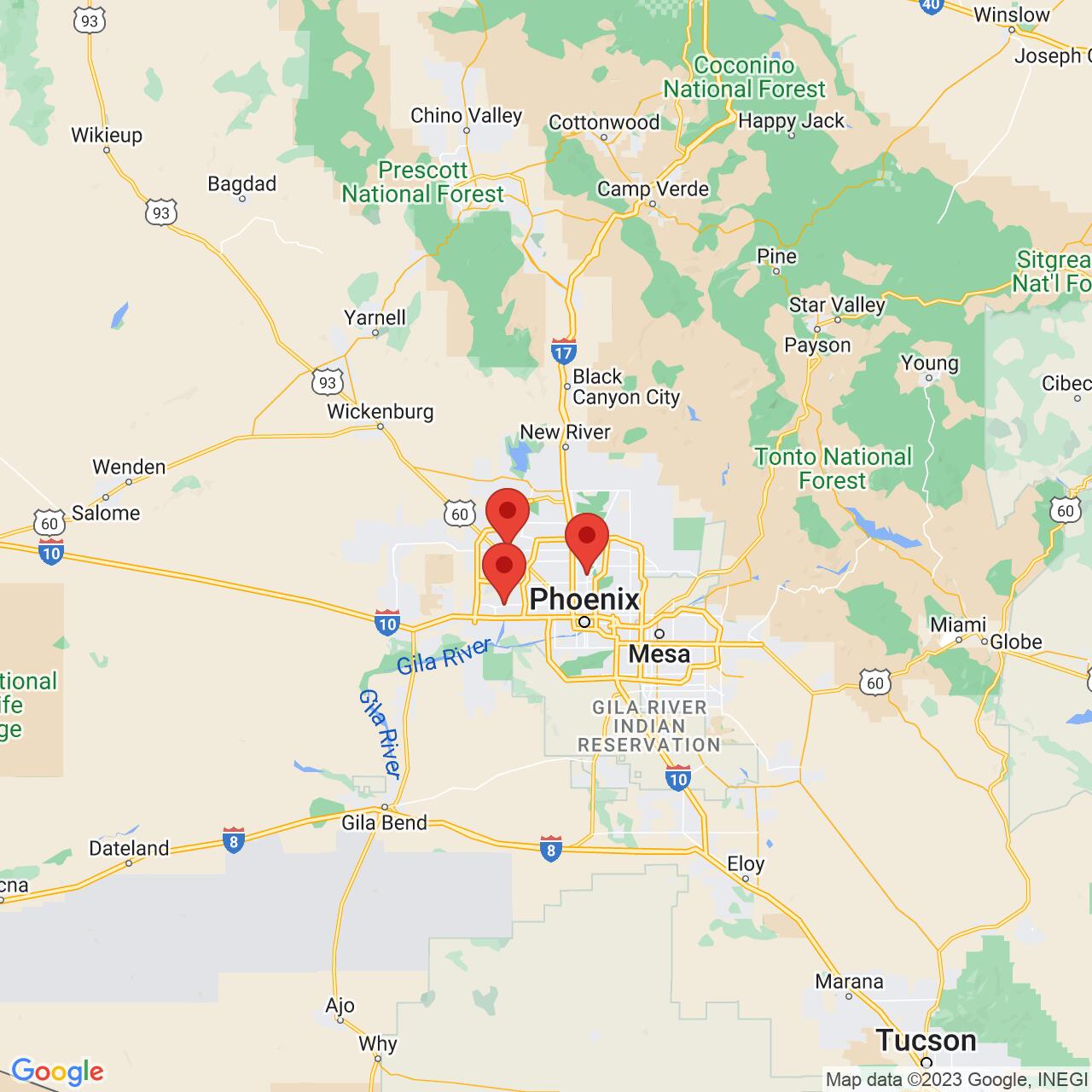Rear-end vehicle accidents are not uncommon throughout the state of Arizona. However, there tends to be a general consensus that rear-end accidents are not serious. Often, nothing could be further from the truth. The unfortunate reality is that rear-end accidents can cause significant injuries, including whiplash, severe sprains and strains, traumatic brain injuries, and more.
According to the Arizona Department of Transportation, there were nearly 48,000 total rear-end accidents during the latest reporting year across the state. The DOT says that rear-end accidents accounted for more than 45% of the total collisions that year. Out of these recorded incidents, there were 63 fatal crashes and 13,491 injury crashes. Here, we discuss what you can do if you have been involved in a rear-end accident in Phoenix.
1. Check for Injuries
As soon as a rear-end accident occurs, your first step needs to be checking for injuries. This includes yourself, any passengers with you, and those in other vehicles. If you are in an unsafe location, such as in the middle of a busy highway, check to see if you can get your vehicle to a safe place before getting out.
2. Contact the Police
Regardless of whether or not there are any injuries, you need to call 911. Let police officers come to the scene so they can conduct an investigation into the incident and fill out an accident report. In general, an officer will be the one to make a determination of fault, and they will cite any driver who may have committed a traffic violation.
3. Seek Immediate Medical Care
If you or somebody you care about has sustained an injury, you must seek medical care as soon as possible. If the injury is serious enough, this means letting emergency medical personnel take you to the hospital in an ambulance. If the injuries are not severe, or if you do not feel any pain immediately following the collision, you still need to go to the doctor for evaluation. The signs and symptoms of many injuries, including whiplash, often do not appear until hours or days following the collision. You need to have a doctor evaluate you as soon as possible. Any delay in seeking medical care could give an insurance carrier a reason to delay or deny your claim.
4. Document As Much as Possible
If you can safely do so at the scene of the crash, you can begin gathering as much evidence as possible. You can use a smartphone or another camera to take photographs of everything at the scene, including damaged vehicles, debris, skid marks, traffic and weather conditions, injuries, and more. Get the names and contact information of any eyewitnesses to the crash and try to get the name, driver’s license number, and insurance information of other drivers involved.
5. Do Not Admit Fault
Regardless of whether you were the front vehicle or the rear vehicle in a rear-end collision, do not admit fault. It can be tempting to say things while your adrenaline is pumping, but you need to say as little as possible. Even if you think you are clearly at fault, do not admit that at the scene. Let law enforcement personnel and the insurance carriers do their job and determine fault. Often, multiple parties could be at fault for a rear-end accident, and this could play a role in how much compensation you receive. Arizona operates under a pure comparative negligence system, which means that injury victims can receive compensation even if they are up to 99% at fault for the incident.
6. Contact an Attorney
If you have been in a rear-end accident caused by the negligent actions of somebody else, seek assistance from a Phoenix car accident lawyer as soon as possible. When an attorney gets involved early in this process, they can handle every aspect of the case for you and help maximize the compensation you receive.


